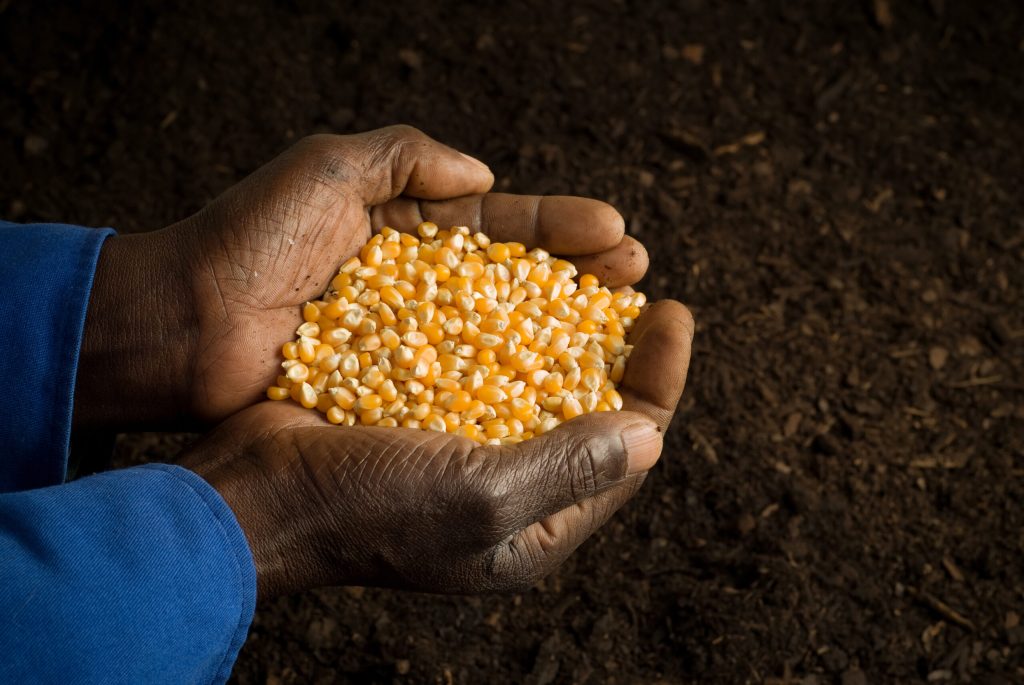Urgent Response Required as Food Insecurity Escalates in IGAD Region
3 min read
The Intergovernmental Authority on Development (IGAD) region is facing a severe food crisis, with 25% of the population in seven member countries experiencing high levels of acute food insecurity in 2024. This critical situation underscores the urgent need for coordinated action to address the escalating humanitarian crisis.
According to the IGAD Regional Focus of the 2024 Global Report on Food Crises, the number of food-insecure individuals in the region has risen to approximately 62.9 million, up from 61.9 million in 2023. This increase highlights the pressing need for immediate intervention to alleviate the worsening conditions.
Acute food insecurity is characterized by an inability to access sufficient food, which threatens lives and livelihoods. The report indicates that the IGAD region has been grappling with a deepening food insecurity crisis for the past five years, exacerbated by recent events. The severe floods linked to El Niño and persistent dry spells in 2023 and early 2024 have significantly disrupted agricultural production across the region.
Moreover, the displacement crisis in the IGAD region has reached unprecedented levels, with 25 million people displaced by mid-2024, marking the highest displacement figures on record. The ongoing conflict in Sudan has particularly contributed to this crisis, with 7.9 million people displaced internally since April 2023, making it the largest internal displacement crisis globally.
Dr. Workneh Gebeyehu, IGAD’s Executive Secretary, emphasized that conflict exacerbates food insecurity, creating a destabilizing cycle that undermines community stability. “To make progress, we must address these interconnected issues by strengthening our collective efforts, building community resilience, and tackling the root causes of conflict to pave the way for long-term stability and development in our region,” he stated.
Dr. Gebeyehu further highlighted that the humanitarian crisis in the region is driven by climate extremes and economic shocks, which have led to unprecedented levels of food insecurity and jeopardized millions of lives.
Rukia Yacoub, Deputy Regional Director for Eastern Africa at the World Food Programme (WFP), pointed out that the violence and insecurity in Sudan have forced millions to seek refuge both internally and in neighboring countries, which are already struggling with high levels of food insecurity. “The conflict in Sudan has triggered the world’s largest hunger crisis, with more than half the population struggling daily to find sufficient food. This situation is placing additional pressure on already limited humanitarian resources,” Yacoub noted.
Farayi Zimudzi, FAO’s Sub-Regional Coordinator for Eastern Africa and Representative to the AU and UNECA, observed that the region is experiencing its fifth consecutive year of worsening food insecurity. She stressed the need for a shift from reactive emergency responses to proactive, anticipatory approaches that can mitigate the impact of shocks and safeguard livelihoods and food security. “The catastrophic impacts of regional conflicts on food security and malnutrition underscore the urgent need for peace-building initiatives and conflict-sensitive programs that protect agricultural production and support rural livelihoods,” Zimudzi said.
Frequent and severe climate extremes have significantly contributed to the food insecurity crisis in the region. The lingering effects of a severe drought in the Eastern Horn of Africa from 2020 to 2023 continue to impact agricultural productivity. Additionally, economic challenges such as currency depreciation, soaring inflation, and the volatility of global food markets have further intensified the food crisis.
 The IGAD region, which includes Djibouti, Eritrea, Ethiopia, Kenya, Somalia, South Sudan, Sudan, and Uganda, faces these challenges as it works towards achieving food security, environmental protection, peace, and economic cooperation. The Food Security Information Network (FSIN), established by FAO, IFPRI, and WFP, coordinates the publication of the Global Report on Food Crises, while the Global Network Against Food Crises (GNAFC) brings together various international organizations, including the European Union, FAO, UNICEF, the United States, WFP, and the World Bank, to improve analysis and consensus on the prevalence and severity of food crises.
The IGAD region, which includes Djibouti, Eritrea, Ethiopia, Kenya, Somalia, South Sudan, Sudan, and Uganda, faces these challenges as it works towards achieving food security, environmental protection, peace, and economic cooperation. The Food Security Information Network (FSIN), established by FAO, IFPRI, and WFP, coordinates the publication of the Global Report on Food Crises, while the Global Network Against Food Crises (GNAFC) brings together various international organizations, including the European Union, FAO, UNICEF, the United States, WFP, and the World Bank, to improve analysis and consensus on the prevalence and severity of food crises.
In summary, the escalating food insecurity in the IGAD region requires an urgent and coordinated response from all stakeholders to address the mounting humanitarian needs and mitigate the impacts of the crisis. Immediate action is essential to prevent further deterioration and ensure the safety and well-being of millions of people across the region.







